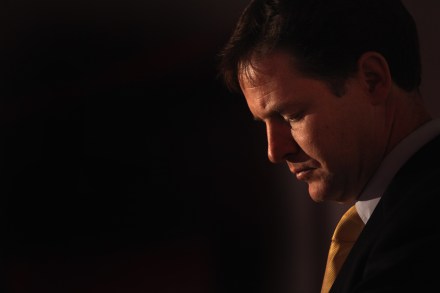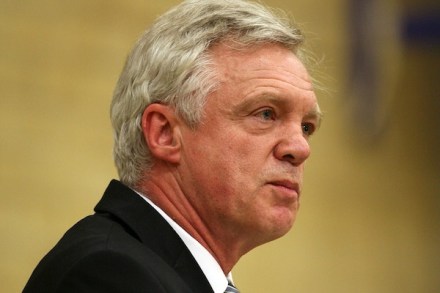The Coffee House A-Z of the Coalition: A-F
The coalition is 1 today. Unfortunately, we can’t serve jelly and ice cream over the internet — but we can write an A-Z to mark the first year of Cameron and Clegg’s union. Below is the first part of that, covering the letters A to F. But, first, a little piece of political nostalgia for CoffeeHousers. A year ago today, this happened: And now for the A-Z… A is for Andrew Lansley Rap John Healey, make way for MC NxtGen. The Loughborough rapper may not be part of Her Majesty’s Most Loyal Opposition, but his three-minute denunciation of the coalition’s health reforms — video above — did the job better


















